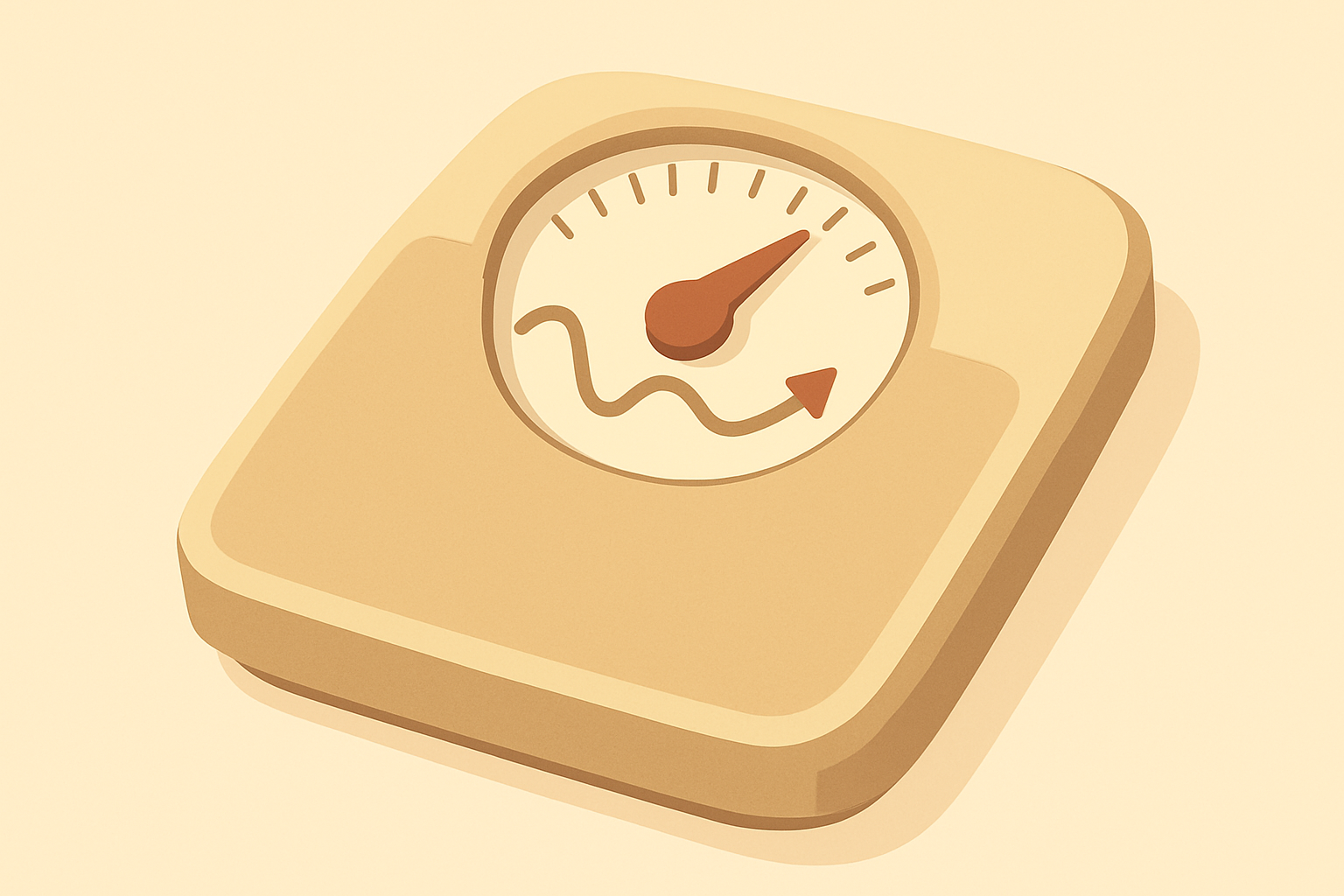
What Are Scale Fluctuations?
Scale fluctuations refer to the natural, daily changes in body weight that occur due to various factors. These fluctuations are completely normal and happen to everyone, regardless of their fitness or weight loss goals. Understanding these changes is crucial for anyone trying to make sense of their weight loss journey.
Causes of Scale Fluctuations
- Water Retention: Your body might hold onto water for various reasons, including high sodium intake, hormonal changes, or after exercise.
- Digestive System Changes: The food and drink you consume can temporarily increase your weight until it's fully digested and eliminated.
- Muscle Gains: As you exercise, especially with strength training, you could gain muscle. This muscle weighs more than fat but is a positive change.
- Menstrual Cycle: For many women, their cycle can lead to fluctuations in weight due to hormonal shifts.
How to Interpret Scale Changes
When you see a change on the scale, it's important to recognize it might not reflect body fat changes. Looking at the scale critically can prevent unnecessary stress and help keep your motivation high.
- Weigh yourself at the same time of day, preferably in the morning.
- Keep track over the long term, rather than panicking over day-to-day changes.
- Factor in other metrics like body measurements or how your clothes fit to measure progress.
Juxtaposition of Daily vs. Weekly Weighing
Some people find daily weigh-ins beneficial for immediate feedback, while others prefer weekly checks to avoid stress over fluctuations. Consider your personality and response to change when deciding which is better for you. Find more insights in our guide on whether to weigh yourself daily or weekly.
Strategies for Managing Scale Thoughts
- Set Realistic Expectations: Remember that the scale is just one tool among many.
- Ignore Short-Term Changes: Focus on long-term progress and non-scale victories.
- Track Habits, Not Just Weight: Pay attention to healthy eating and exercise habits, as these are better indicators of long-term success.
- Seek Support and Guidance: If you're feeling stuck, our tips on staying motivated when progress slows can help.
Frequently Asked Questions
Why does my weight fluctuate daily?
Daily weight fluctuations are normal and can be due to factors like water retention, diet, and exercise habits. These changes do not necessarily reflect fat gain or loss, but rather temporary shifts in your body's composition.
What is the best time to weigh myself?
The best time to weigh yourself is in the morning, before eating or drinking, and after using the bathroom. This provides the most consistent baseline for your weight.
How can I stay motivated despite scale fluctuations?
Focus on long-term progress, track non-scale victories, and maintain a healthy lifestyle to stay motivated. Our article on how to stay motivated when progress slows offers more tips.